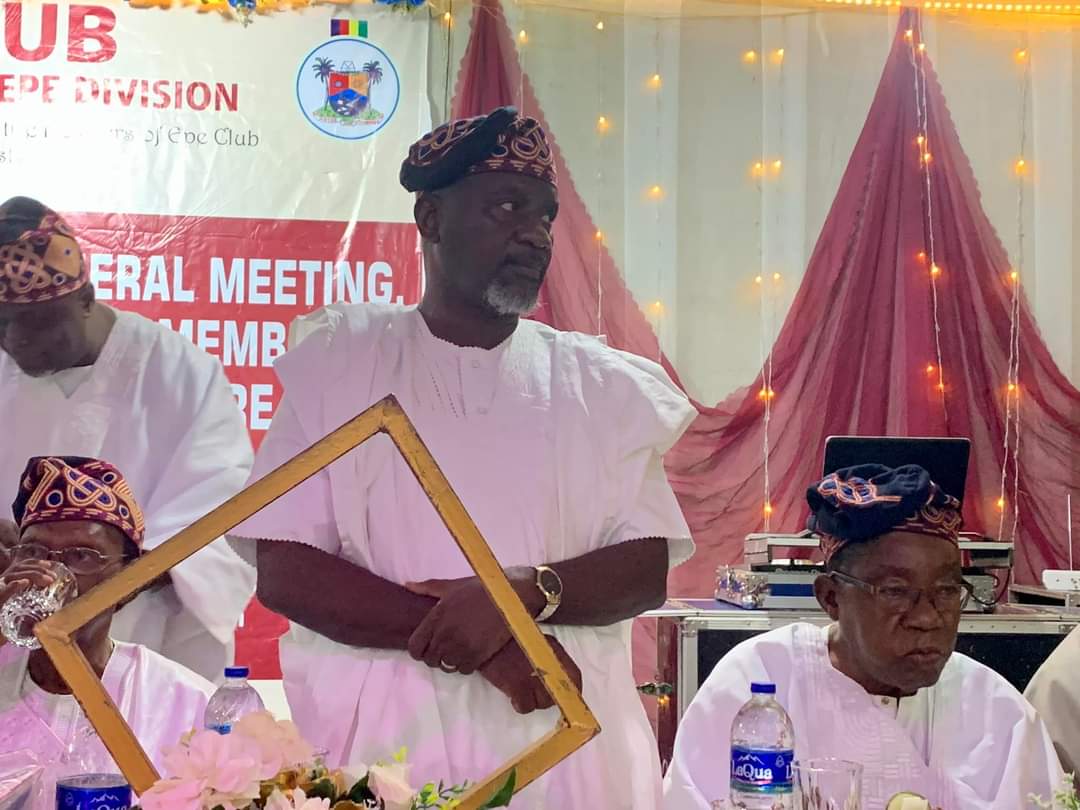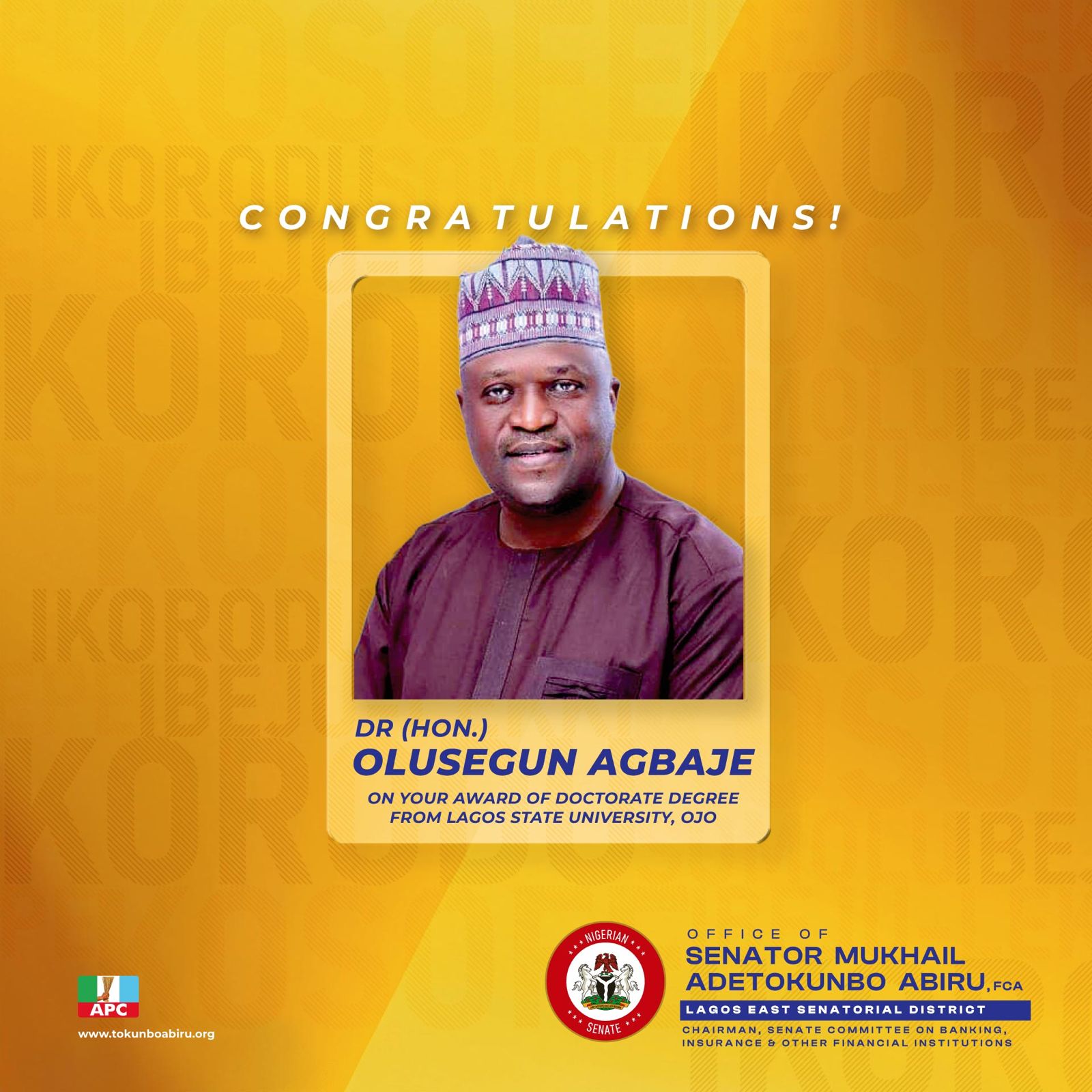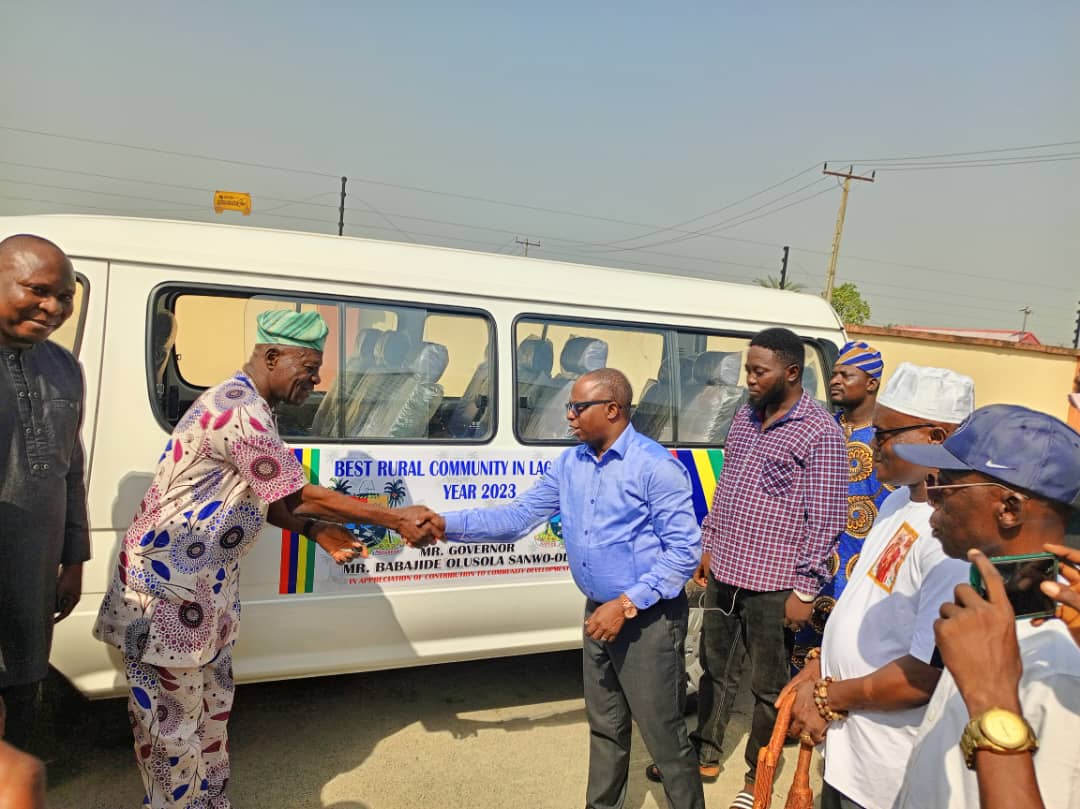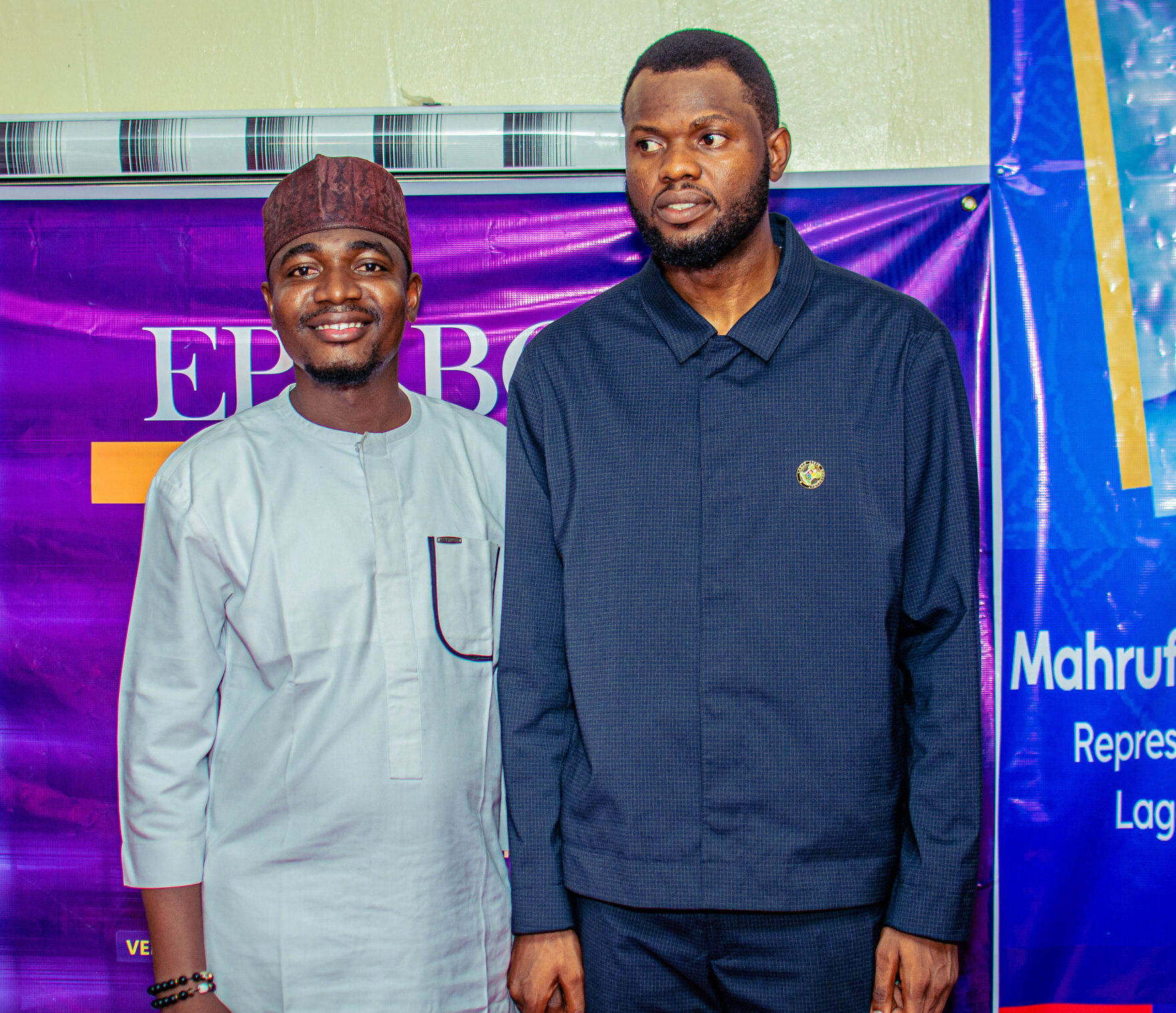Kakalistiq.com reports that Dr. Olayiwole Onasanya, a retired Permanent Secretary with the Lagos State Independent Electoral Commission (LASIEC), has highlighted the Epe Division’s potential to become the food basket of Lagos State with the right strategies and investment, emphasizing the division’s abundant arable land and fishing resources. Dr. Onasanya spoke on Saturday, June 8, 2024, at the Annual General Meeting of the Epe Club during a public lecture titled “Agriculture and Food Security in Nigeria with a Focus on Epe Division.”
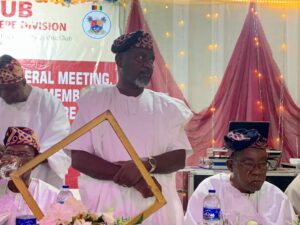
Dr. Onasanya, during his lecture, stated that the Epe Division, with its fertile lands and rich marine environments, has the potential to be a significant agricultural hub. Located on the north side of the Lagos Lagoon, he noted that Epe covers about 965 square kilometres, more than a quarter of Lagos State’s land area.
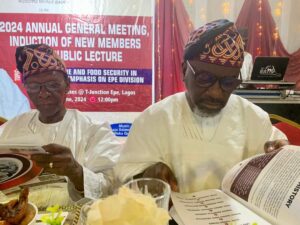
He stressed that Epe’s unique geographical position, featuring diverse ecosystems like coral reefs, beaches, mangroves, and wetlands, makes it a biodiversity hotspot. “The mangroves here are highly efficient carbon sinks, making the soils exceptionally fertile,” Dr. Onasanya explained, highlighting their role in combating climate change.
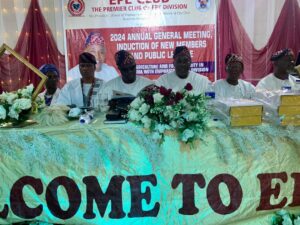
“Fishing and agriculture are the primary occupations in Epe. Lagos State is Nigeria’s largest fish producer, with Epe Division contributing significantly to this output,” Dr. Onasanya noted. He added that Epe is also a leader in rice, maize, and cassava production, with areas like Ketu-Ejinrin capable of growing tomatoes, peppers, and leafy vegetables, while livestock farming thrives in the region.

Despite its potential, he noted that Epe faces several challenges in agriculture and food security. “Uncontrolled development, youth disinterest in agriculture, poor infrastructure, and inadequate government support are major hurdles. But with the right strategies and investments, Epe Division can truly become the food basket of Lagos State, contributing significantly to Nigeria’s agricultural sector and food security,” Dr. Onasanya concluded.
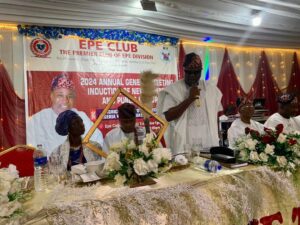
Drawing comparisons with India’s agricultural transformation earlier, Dr. Onasanya proposed several strategies for Nigeria, including policy support, production strategies, public investment in infrastructure, and research and extension services. “India’s food production doubled within decades through intensive agriculture, not just by expanding cultivated areas,” he said.
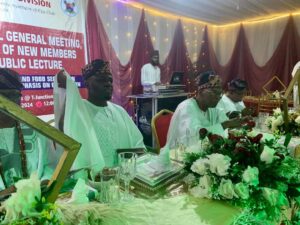
Dr. Onasanya also acknowledged past Nigerian governments’ efforts, particularly in rice production, but stressed that more needs to be done. “Nigeria’s agricultural productivity hasn’t kept pace with its population growth. We need a comprehensive roadmap to guide agricultural development,” he asserted.
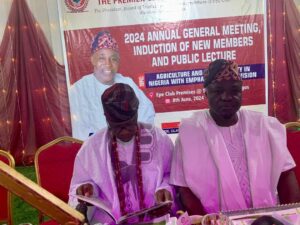
He provided key agricultural statistics, underscoring the sector’s potential and the need for significant improvements. “More than 80% of Nigeria’s farmers are smallholders, and agriculture employs 36% of the labour force. Yet, our tractor density is one of the lowest in Africa,” Dr. Onasanya highlighted.
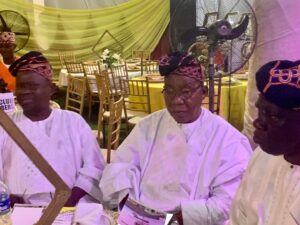
To improve agricultural productivity and achieve food security, Dr. Onasanya recommended empowering youths, increasing funding for agricultural research, creating an enabling environment for private sector investment, and expanding agricultural areas. “Immediate measures, such as empowering farmers and providing subsidized rice, can make a substantial impact within a year,” he suggested.
The Epe Club’s lecture, which sparked debates and contributions among attendees, underscored the urgent need to harness Epe’s agricultural potential, calling for collective efforts to transform the division into a thriving agricultural hub.

